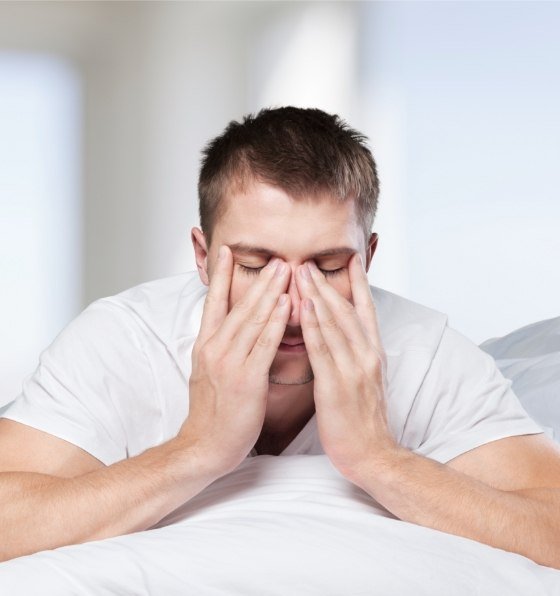Sleep Apnea Treatment – Lincoln, NE
Proven Solutions for Sleep Apnea & Snoring
Do you feel refreshed in the morning, or do you feel like you've barely slept despite going to bed at a reasonable hour? Have you noticed any changes in your mood or an increase in your stress levels in addition to being exhausted? These are all signs of a condition known as sleep apnea.
Patients who struggle with sleep apnea struggle to breathe during sleep. In fact, they commonly stop breathing altogether for at least 10 seconds, if not longer. Eventually, the brain registers the drop in oxygen and sends out a signal, waking them up.
Not every patient wakes up completely, though. Some merely move to a lighter stage of sleep. As a result, not every patient struggling with sleep apnea is aware they have a problem.
Why Choose Pioneer Greens Dentistry for Sleep Apnea Treatment?
- Custom-Made Sleep Appliances for Each Patient
- Can Help Someone Stop Snoring
- Viable CPAP Alternative for Many Patients
The Most Common Symptoms of Sleep Apnea

Besides daytime drowsiness, moodiness, or feelings of stress, the most common symptoms include:
- Memory loss
- Difficult concentrating
- Accidents at work, at home, or behind the wheel
Snoring is also a major symptom for sleep apnea patients. If you struggle with loud snoring on a nightly basis, you should strongly consider having yourself tested for sleep apnea.
What Causes Sleep Apnea and How is it Treated?

The most common form of sleep apnea is obstructive sleep apnea, and it's caused by the tongue or throat muscles blocking the airway during sleep.
In the past, OSA was predominantly treated with a CPAP machine (CPAP stands for continuous positive airway pressure). A CPAP machine uses a steady stream of air to keep the path to your lungs open while you sleep. Over the years, many patients have experienced relief with a CPAP. But it's not right for everyone. That's why our office commonly recommends oral appliance therapy over treatment with CPAP.
Oral appliance therapy uses a special, custom-made oral appliance, or mouthguard. Your appliance will reposition your tongue and/or lower jaw, making it easier for air to reach your lungs. As a result, you can sleep more soundly at night. You can also sleep more quietly because it will also help you control the snoring associated with your condition.
